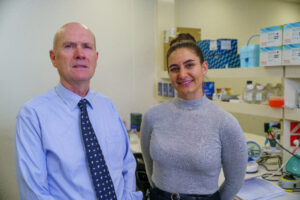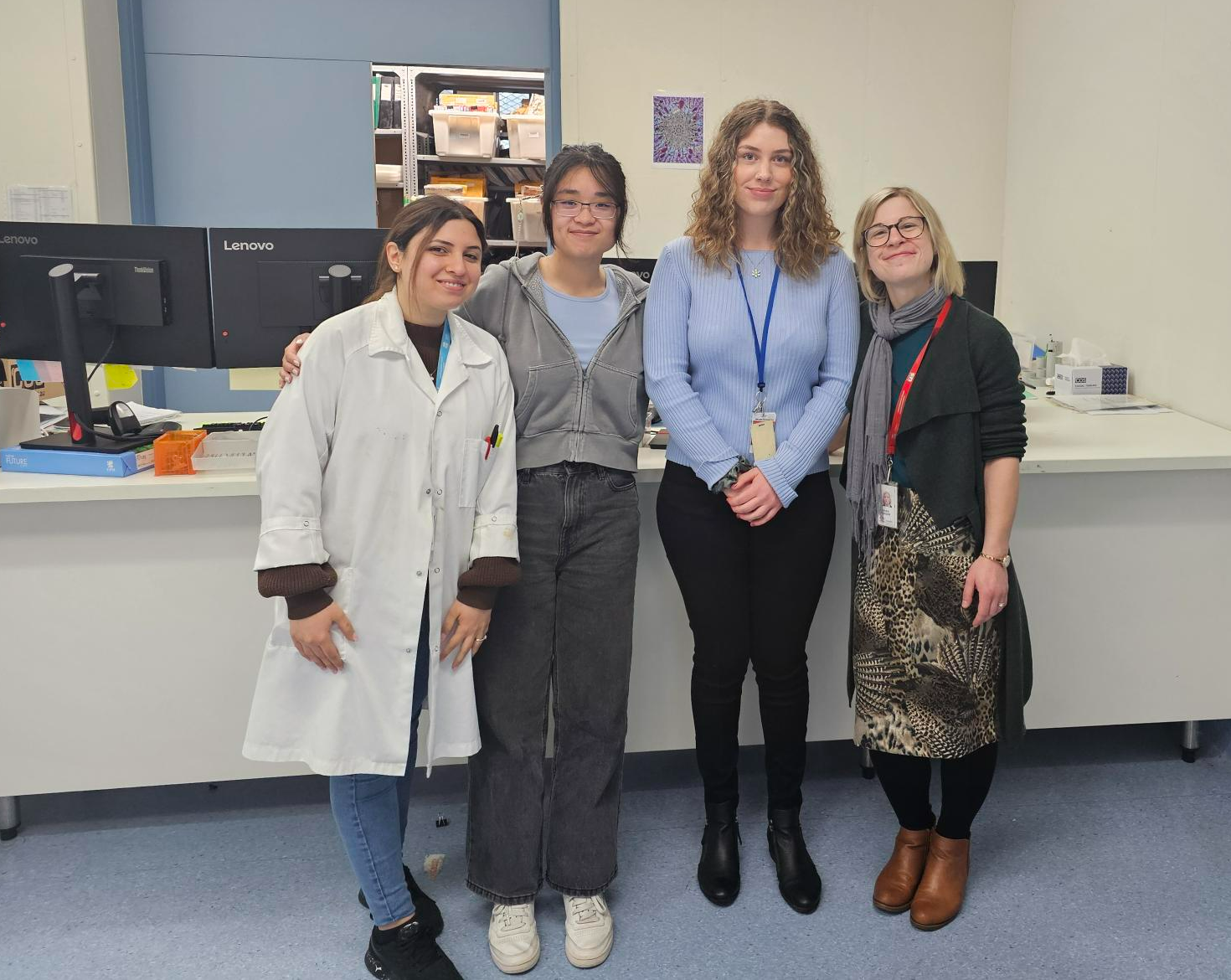NSW Health Pathology and its partners have been recognised for their work in validating the Dried Blood Spot test for diagnosing hepatitis C.
The 2024 NSW Health Awards were held in Sydney last week, to recognise and celebrate staff and volunteers from across local health districts, pillars, networks and health organisations.
NSW Health Pathology had finalists in three categories – Health Innovation, Patient Safety First and for Staff Member of the Year.
We’re proud to say we won the Health Innovation award alongside our partners, Justice Health, Mid North Coast Local Health District and the Ministry of Health for our work in validating a Dried Blood Spot (DBS) test for hepatitis C (HCV).
The project is the first of its kind in Australia, aiming to make DBS testing a standard diagnostic tool and transforming HCV testing for at-risk populations.
Over six months, the NSW Ministry of Health in partnership with four Local Health Districts, Justice Health NSW and Clarence Correctional Centre, collected 1286 samples.
NSW Health Pathology analysed the samples to determine the sensitivity and specificity of the DBS test and will use the results to apply to the Therapeutic Goods Association (TGA) for validation.
If approved, this will be the only HCV DBS test available in Australia. The partnerships between the NSW Health sector have been essential for the large-scale validation in a short amount of time.
The DBS test provides access to testing for vulnerable populations including people in prison and people with a history of injecting drugs and will help NSW Health meet its goal of eliminating HCV as a public health issue by 2028.
Congratulations to all the teams involved in this vital work!




